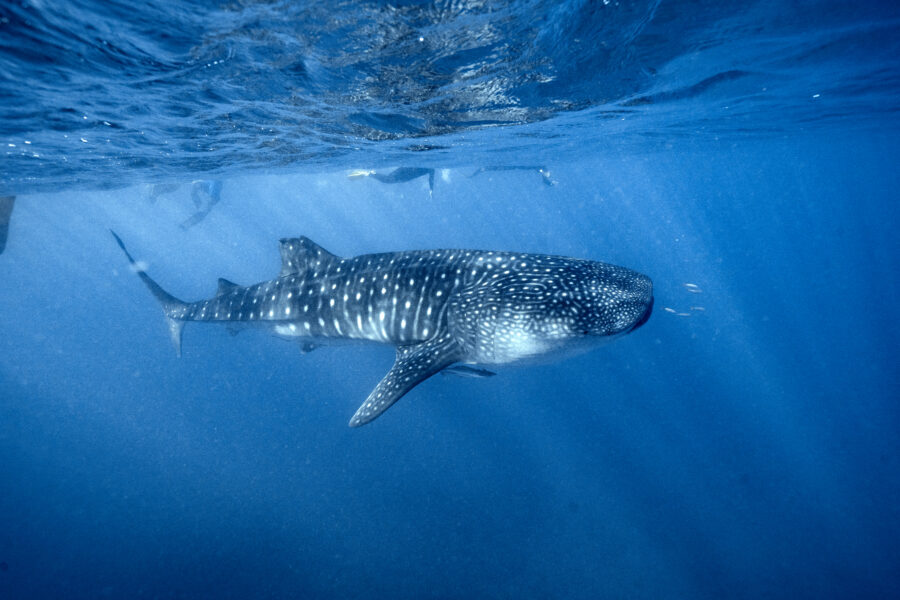
Cruising with whale sharks
Western Australia’s Ningaloo coast is all it’s cracked up to be – and more.

Western Australia’s Ningaloo coast is all it’s cracked up to be – and more.
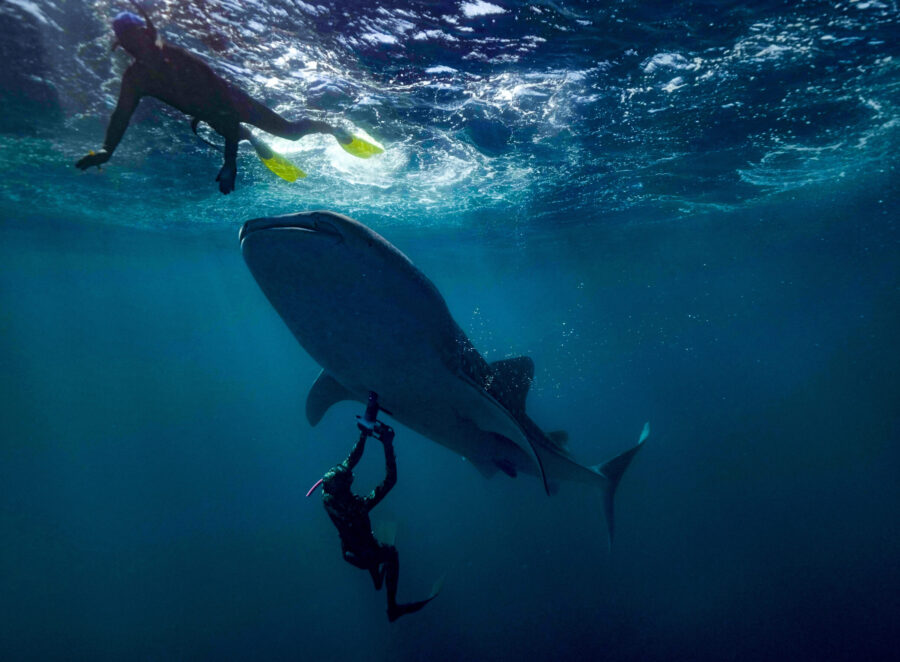
Marine scientists have used underwater ultrasounds to monitor the health of whale shark populations at Ningaloo Reef in Western Australia.
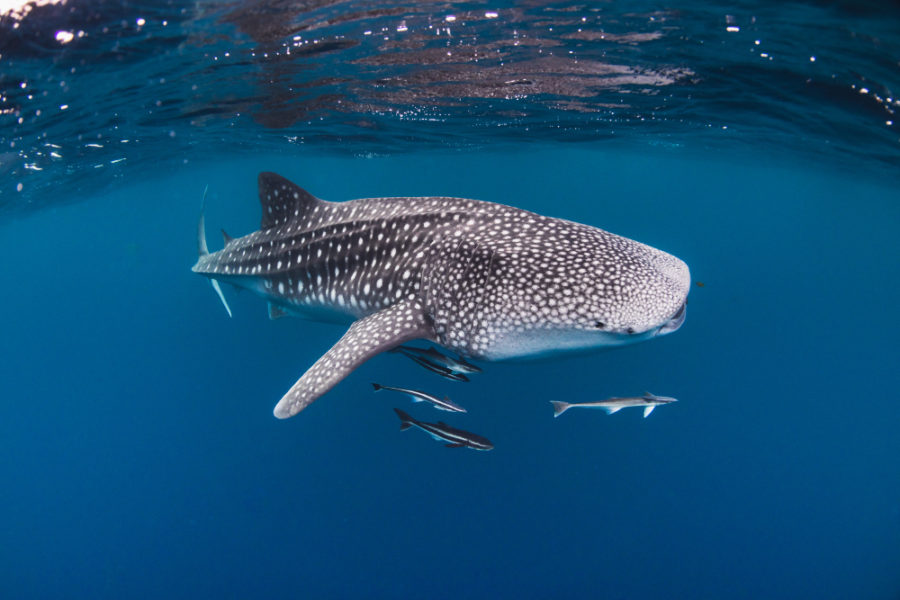
Move over kodiak bears, it turns out whale sharks are the largest omnivorous animal on Earth.
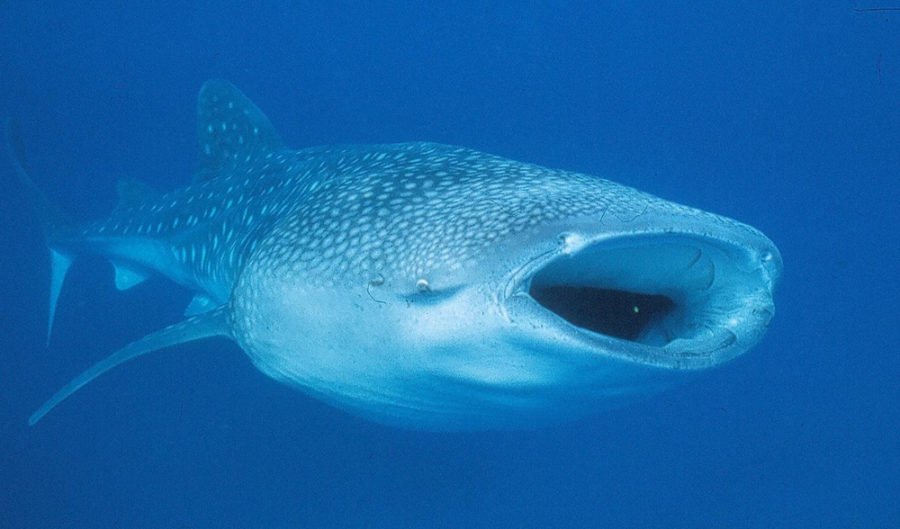
This huge fish has big problems. Help us bring whale sharks back from the brink.
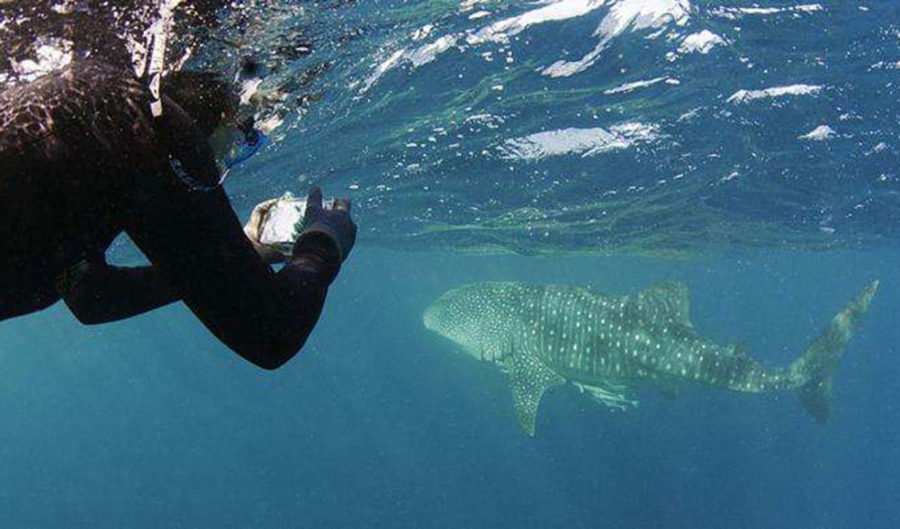
By identifying whale sharks from their unique spot and strike patterns, researchers have traced the species movements, and it looks like a disproportionate amount of juvenile male sharks repeatedly visit Ningaloo Reef.
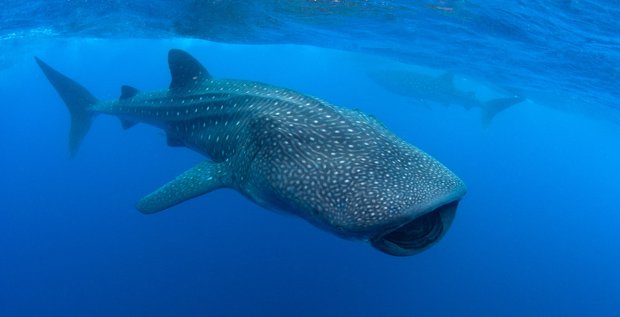
They’re believed to be the longest studied wild sharks in the world, providing critical insight into the mysterious endangered species.

Ningaloo Reef is world-renowned for its whale shark and manta ray experiences – and now humpbacks are being added to that list.
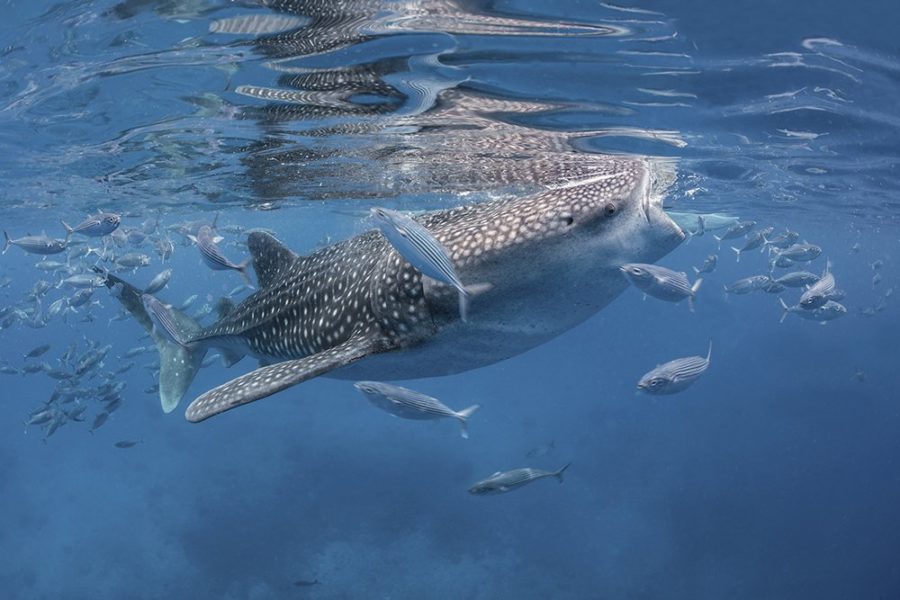
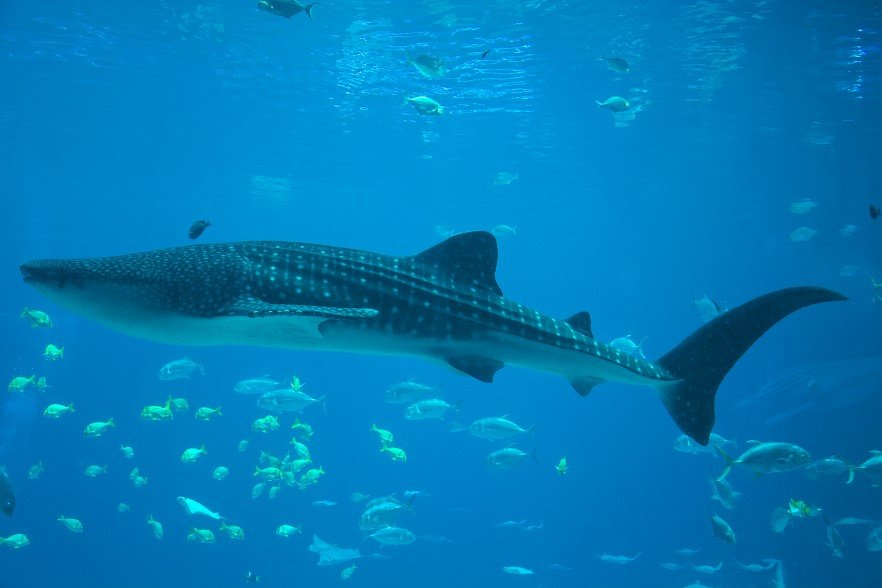
With whale shark numbers more than halving in the last 75 years, urgent conservation action is needed.
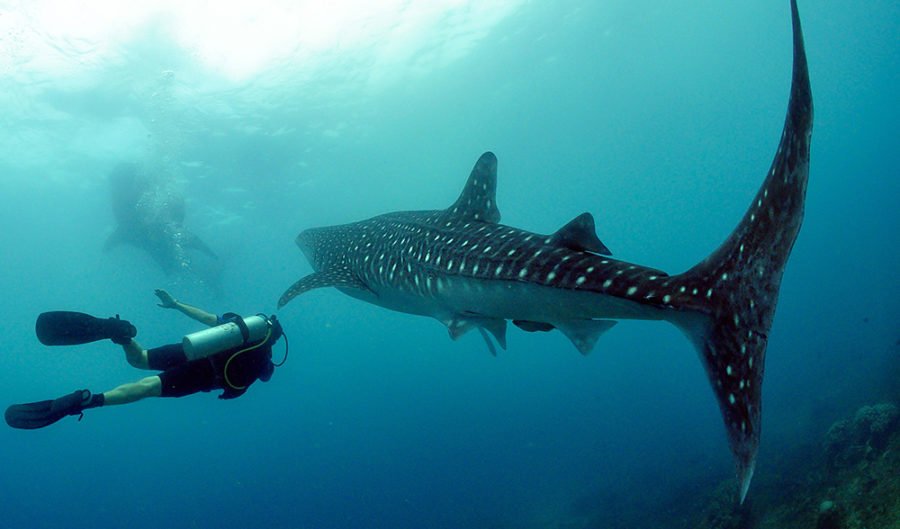
This week’s reader photo gives an up-close-and-personal look at whale sharks.